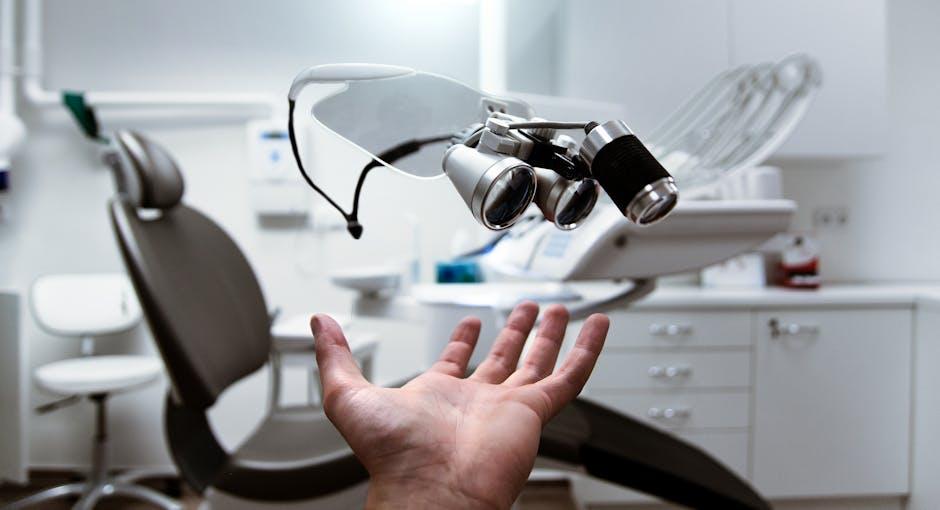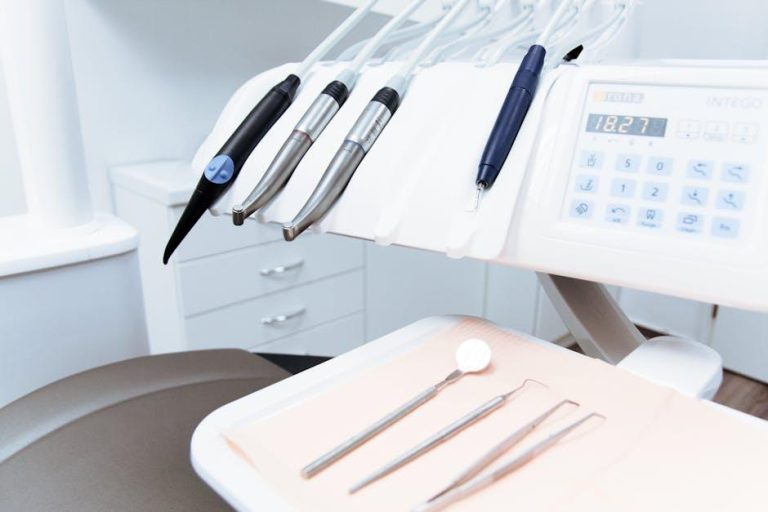
Dentistry | Definition, History, & Fields – Britannica
Dental health is an essential aspect of overall wellness, and the science dedicated to studying and treating oral conditions is known as dentistry. This comprehensive article delves into what dentistry entails, traces its fascinating history, and explores the various specialized fields within modern dental practice. Whether you’re a curious reader, a student, or someone seeking professional dental knowledge, you’ll find valuable insights here.
What is Dentistry? Definition and Scope
Dentistry is a branch of medicine concerned with the study, diagnosis, prevention, and treatment of diseases, disorders, and conditions of the oral cavity, maxillofacial area, and the adjacent and associated structures and their impact on the human body. Primarily, it focuses on the teeth, gums, tongue, and related tissues.
Some core functions of dentistry include:
- Examination and diagnosis of dental conditions
- Preventive care like teeth cleaning and patient education
- Restorative procedures including fillings, crowns, and implants
- Orthodontic alignment and correction
- Oral surgery and emergency care
By maintaining oral health, dentistry plays a pivotal role in enhancing quality of life, preventing systemic diseases linked to oral infections, and promoting confidence through aesthetic improvements.
A Brief History of Dentistry
The art and science of dentistry date back thousands of years, highlighting humanity’s persistent effort to care for oral health.
Early Beginnings
The earliest evidence of dental practice was found in a 7,000-year-old prehistoric cemetery in Pakistan, showing rudimentary drilling of teeth using bow drill-like tools. Ancient civilizations such as the Egyptians, Babylonians, and Greeks documented various dental treatments and tools:
- Ancient Egypt: Records show early toothpaste formulations and dental prosthetics.
- Ancient Greece and Rome: Philosophers like Hippocrates and Galen wrote about toothaches, gum disease, and dental treatments.
- Middle Ages: Barber-surgeons performed tooth extractions and rudimentary oral surgery.
The Rise of Modern Dentistry
The 18th and 19th centuries saw significant breakthroughs:
- 1723: Pierre Fauchard, often called the “Father of Modern Dentistry,” published “Le Chirurgien Dentiste,” outlining scientific dental methods.
- 1840: The first dental school opened in Baltimore, USA, marking formal dental education.
- 19th-20th centuries: Introduction of anesthesia, x-rays, and dental materials advanced treatment possibilities.
| Milestone | Year | Significance |
|---|---|---|
| First evidence of dental drilling | ~5000 BCE | Primitive treatment of tooth decay in Indus Valley Civilization |
| Publication of modern dental textbook | 1723 | Systematic approach to dentistry by Pierre Fauchard |
| Opening of first dental college | 1840 | Formal dental education begins in the United States |
| Use of anesthesia in dentistry | 1846 | Painless dental surgery introduces new possibilities |
| Introduction of dental x-rays | 1895 | Radiography improves diagnostics and treatment planning |
Major Fields of Dentistry
Modern dentistry is a multidisciplinary field with various specialties focused on specific areas of oral health. Here are some key dental fields:
1. General Dentistry
General dentists are the primary care providers who address routine oral health issues such as examinations, cleanings, fillings, and simple extractions. They also manage referrals to specialists when necessary.
2. Orthodontics
This specialty deals with the diagnosis, prevention, and correction of misaligned teeth and jaws. Orthodontists use braces, clear aligners, and other devices to improve bite and aesthetics.
3. Periodontics
Periodontists focus on the treatment of gum disease and conditions affecting the supporting structures of teeth. They perform procedures like scaling, root planning, and gum surgery.
4. Endodontics
Endodontists specialize in treating the dental pulp and root canals. Root canal therapy is a common procedure to save infected or damaged teeth.
5. Prosthodontics
Prosthodontists are experts in restoring and replacing missing teeth with crowns, bridges, dentures, and dental implants, enhancing function and appearance.
6. Oral and Maxillofacial Surgery
Oral surgeons perform complex surgical procedures including tooth extractions, jaw surgery, trauma repair, and reconstructive surgery.
7. Pediatric Dentistry
Dedicated to the dental care of children and adolescents, pediatric dentists manage oral health from infancy through the teen years with a gentle, child-friendly approach.
8. Cosmetic Dentistry
Focused on enhancing dental aesthetics, cosmetic dentists offer procedures like teeth whitening, veneers, bonding, and contouring.
| Dental Specialty | Primary Focus | Common Procedures |
|---|---|---|
| General Dentistry | Routine care and prevention | Exams, cleanings, fillings |
| Orthodontics | Tooth and jaw alignment | Braces, aligners |
| Periodontics | Gum health | Scaling, root planing |
| Endodontics | Dental pulp and roots | Root canals |
| Prosthodontics | Replacing missing teeth | Crowns, implants, dentures |
| Oral Surgery | Oral surgical procedures | Extractions, jaw surgery |
| Pediatric Dentistry | Child oral care | Fluoride treatments, sealants |
| Cosmetic Dentistry | Dental aesthetics | Whitening, veneers |
Benefits of Regular Dental Care
Maintaining regular visits to a dental professional ensures:
- Early detection and treatment: Prevent and catch issues like cavities or gum disease before they escalate.
- Improved oral hygiene: Professional cleanings remove plaque and tartar unreachable through brushing alone.
- Overall health benefits: Oral health is linked to heart health, diabetes control, and pregnancy outcomes.
- Enhanced confidence: Healthy teeth support a confident smile and positively influence social and professional interactions.
Practical Tips for Maintaining Oral Health
- Brush your teeth at least twice daily with fluoride toothpaste.
- Floss daily to remove plaque between teeth.
- Limit sugary snacks and drinks that promote decay.
- Visit your dentist for routine checkups every six months.
- Wear protective gear when engaging in sports to avoid dental injuries.
- Consider dental sealants or fluoride treatments if recommended by your dentist.
Conclusion
Dentistry is a vital medical field that combines art, science, and technology to maintain oral health and improve lives. From its ancient roots to the multifaceted modern practices, dentistry continues to evolve with advances that enhance patient comfort, aesthetics, and health outcomes. Understanding its history, scope, and specialties empowers individuals to prioritize their dental care and seek appropriate treatments when needed. Remember, a healthy smile is a gateway to overall health!


